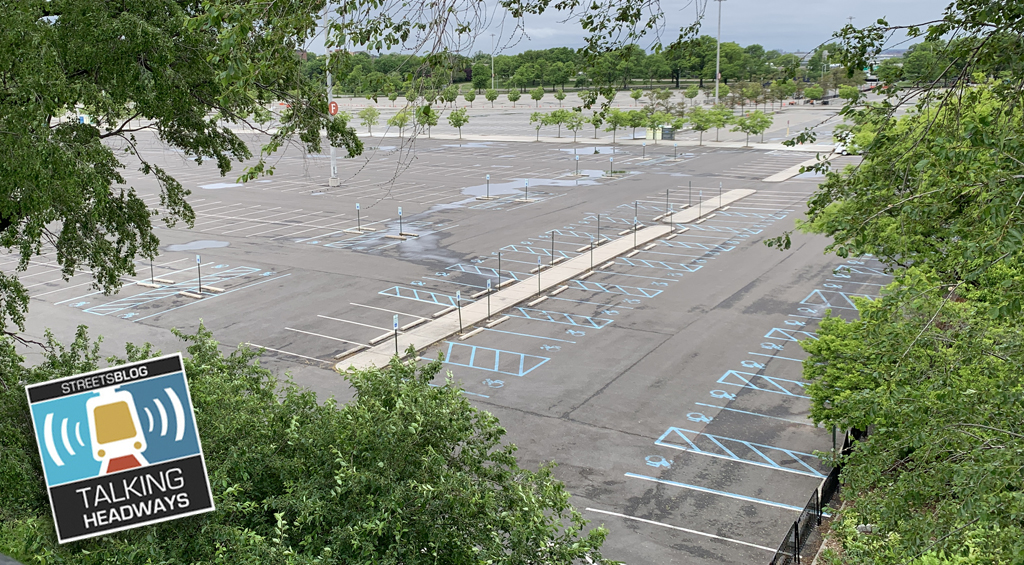Around the Network today:
The Pricetag for Parking in China: Right now, parking policies in China actually seem to be more market-oriented than in the United States. Residential parking spaces in Beijing fetch as much as $125,000, which Paul Barter at Network blog Reinventing Parking says is a sign that parking is currently priced at about the same rate as housing. "Property prices are a market phenomenon," he writes. "And parking is being treated more or less like real estate in this situation. So we shouldn't really expect its price to just reflect costs."
But the Chinese government is threatening to upset the market for parking, and that could be bad news for cities like Beijing. "Newly increased parking minimums can be expected to gradually increase supply (at least in areas with a lot of new development) and send prices lower if it gets ahead of demand," Barter writes. "But even without this government-imposed increase in supply, market forces would also put a lid on prices. At some point, investors would notice if parking is a profitable thing to build. Maybe they already are?"
The Crosswalk Factor: Pedestrian advocates tend to focus a lot on the importance of sidewalks. But as Network blog The Greater Marin points out, sidewalks are of limited use without another important treatment: crosswalks. Blogger Octavius III uses the town of San Anselmo as an example. In some areas of the city, crosswalks are as far as a half-mile apart. This puts pedestrians in a dangerous position.
"A road system isn’t much of a road system if you need to drive 15 minutes out of your way to turn, and a sidewalk system isn’t much good if one needs to walk 15 minutes to cross the street," he says. "A good crosswalk will enhance an entire streetscape, making it more inviting to pedestrians and more lively for all users. In contrast, a streetscape without crosswalks can be dangerous. If crosswalks are far enough apart, the two halves of the street will be cut off from each other, dramatically reducing the walkability of the area."
Portland's Bike Sharing Plans: The city of Portland is making a big push for bike sharing. Jonathan Maus at Bike Portland reports that the city's Bicycle Transportation Alliance is working to secure $4 million in start-up funds. The city has even been exploring the particulars of how the system will function. Maus has learned that early planning documents indicate the system wouldn't require helmets. Planners also favor a low-priced system with stations densely concentrated in the city core, rather than thinly spread across a wider area. In addition, the city's plans call for beefing up its existing cycling infrastructure to help support a new wave of peddlers on the streets, Maus reports. Exciting stuff!






